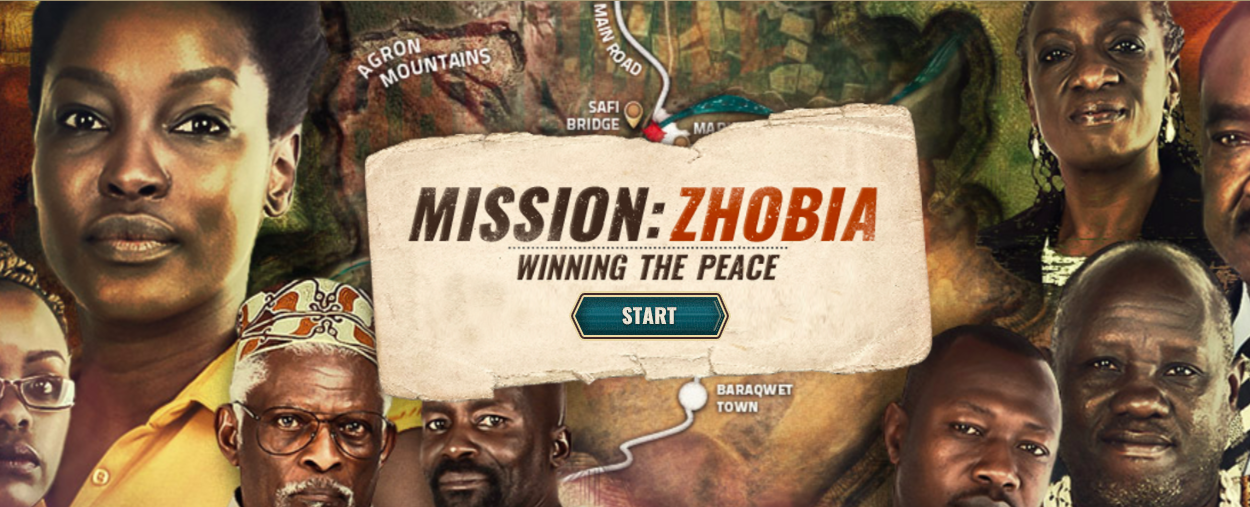Dutch Creative Industries Fund is financing the research project “Mission Zhobia: Validating a Narrative Game for Complexity”, led by Christian Roth (Vice-chair of WG3) and Noam Knoller (member of WG2).
The purpose of the study is to evaluate whether an existing interactive narrative serious game, Mission Zhobia (&Ranj serious games, NL) is more effective than a non-interactive video version in equipping learners with knowledge and decision making skills.
As Knoller underlined, this project can help the Action in different ways: “on an institutional level, the fact that a project receives a grant is useful to the action as a precedent and as leverage” and “in terms of our network dynamics, it is a concrete action and challenge that can focus work and attention”. By other side, also “there is the scientific contribution itself: this specific project directly addresses a core obstacle for the field – and the funding committee saw it too – and that is the gap in the evidence-base”, added.
“I was struck by the fact that we at most have evidence for playable media being able to point out to players that something was complex. But we don’t know that figuring out that something is complex brings us any further towards an understanding of its specific complexity, let alone towards a specific theory of the psychological mechanisms. We need a theory of how interaction interaction with Interactive Digital Storytelling and Narrative (IDS&N) might achieve our minimal goal of a temporary cognitive reduction of complexity“, explained Knoller.
How can any COST member help this project?
In this regard, Christian Roth pointed out that “with different backgrounds and expertise, COST members can give valuable feedback on the design of the study, thus contributing to its quality”. Also, “COST members can further support us by recruiting suitable participants, making it possible to compare different samples hence increasing the external validity of the study”, he added.
In terms of the work WG2 and WG3 are doing already, as well as the tasks of WG1 and WG4, Knoller stated “WG3 is already doing very valuable work on mapping different evaluation methods, and WG2 is the place to collect additional existing conceptual models, critically examine them in light of concrete challenges and further develop our shared understanding. WG1 members can play-research the game as well and reach their own conclusions, and WG4 members can perhaps think about how conflicts of the sort this game addresses might be connected to or entangled with other complex issues, or similar (hyper)complex societal issues that require a similar IDS&N approach. Also, it would be really good if we could have more research subjects”.
